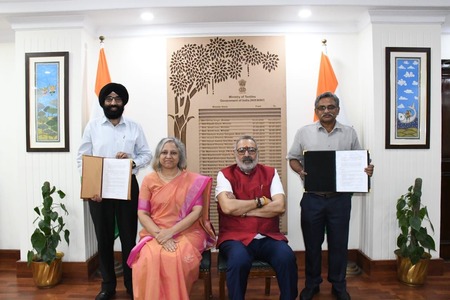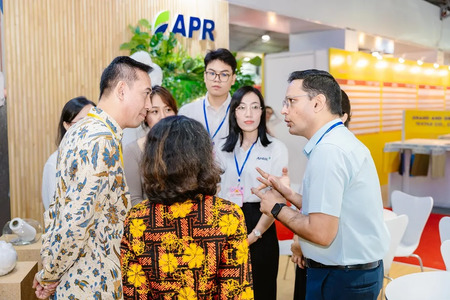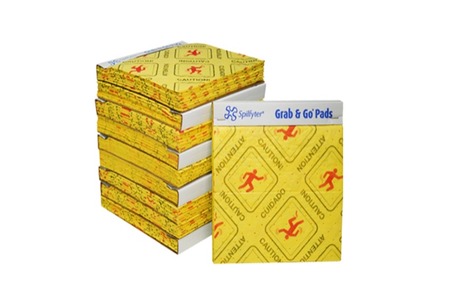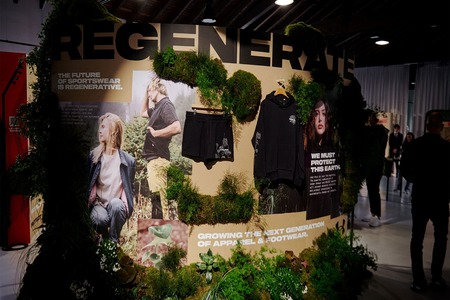
Stiff Production demands of uniforms can be alleviated through localized production
YarnsandFibers News Bureau 2019-12-30 06:33:22 – NoneChasing inventory is a challenge for all apparel brands, but the demands can be especially stringent for suppliers of uniforms. Not only do these companies have to contend with the exacting burdens associated with fashion and seasonally adjusted inventories, but they also face rigorous quality control requirements.
In order to maximize their options, more companies are examining the benefits of nearshoring for their uniform fabrics in order to meaningfully increase their speed to market.
James McKinnon, CEO of Cotswold Industries, said low duty rates and short lead times have become the priorities for most of his company’s customers, which are most often midsized apparel brands requiring personalized production service. Founded in 1954 and based in New York, the vertically integrated manufacturer, converter and distributor manufactures fabric in South Carolina and operates a cut-and-sew factory in the Dominican Republic that bears the free-trade advantages of CAFTA-DR.
Cotswold Industries leverages these localized design and production capabilities—as well as its deep experience in import/export regulation and trade law—to provide a level of a service for firms requiring help navigating uniform production’s specialized challenges.
“Chasing inventory by style and color is always a challenge. One of the benefits of nearshoring is that when customers call us because they need to re-assort their next delivery into a different color or a different size scale, we’re able to react quickly and make that change for the next container,” said McKinnon. “This translates into changes that can be made in three to four weeks instead of three to four months.”
The value of this close communication is demonstrated during all stages of production, beginning with design. Cotswold offers its partners such support as seasonal theme setups; technical support via individual designers assigned for wovens, outerwear and knit; and 3D virtual sampling.
“During quality control, having uncomplicated access to the manufacturer means our clients need only make one phone call when an issue arises, not 15,” McKinnon noted. “Because we make the fabric ourselves in the United States, we’re intimately involved within the quality control process. When something goes wrong, we point the finger at ourselves and fix it immediately.”
Beyond quick turnarounds and lower duty rates, fabric performance remains a crucial concern to the company’s uniform customers—and no wonder, given the often extraordinarily demanding environments in which the garments are expected to hold up. “Both stretch and longevity are incredibly important to our customers today,” McKinnon said. “They especially want to understand how the stretch and recovery properties will perform while in the field.”
Meanwhile, should its customers encounter unforeseen compliance issues, McKinnon noted that the company is able to leverage its TexTest laboratories in Georgia to manage any necessary government regulations.
To achieve these steep performance requirements, the company sources only top-quality linings, trims and pocketing materials, and it partners with several branded fiber companies, including Cotton LEADS and Unifi’s REPREVE recycled polyester fiber. As a result, these relationships not only fulfill the performance expectations uniform suppliers are seeking, but they also bring the added benefit of helping Cotswold advance its sustainability goals—and those of its partners.
While circular manufacturing in the apparel industry remains in the early stages, McKinnon said, it’s incredibly important among the uniform segment, with fiber traceability playing a significant role. Like many of its customers, Cotswold has committed to ensuring its products are as low impact as possible, he noted.
Courtesy: Sourcing Journal
Market Intelligence
Ask for free sample Report

experience
Customer Base
dedicated team
Countries Served Worldwide









